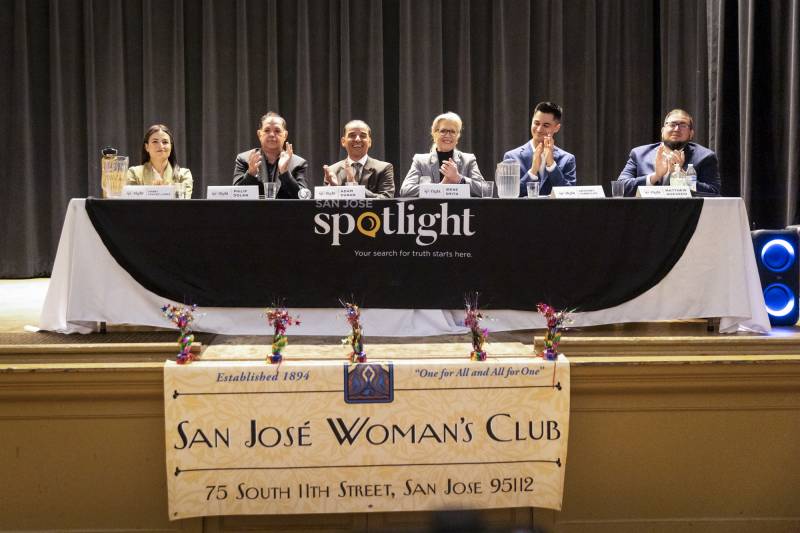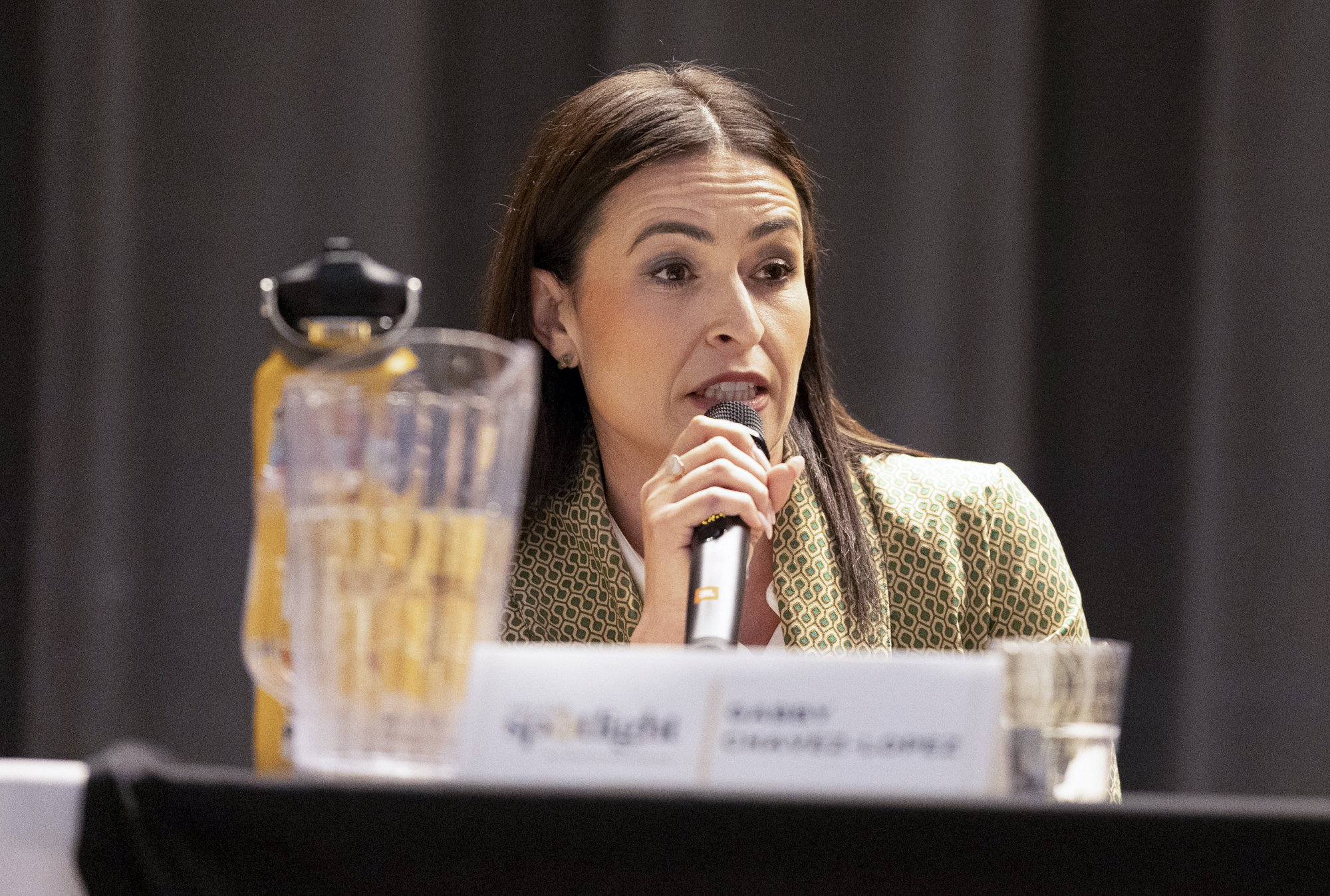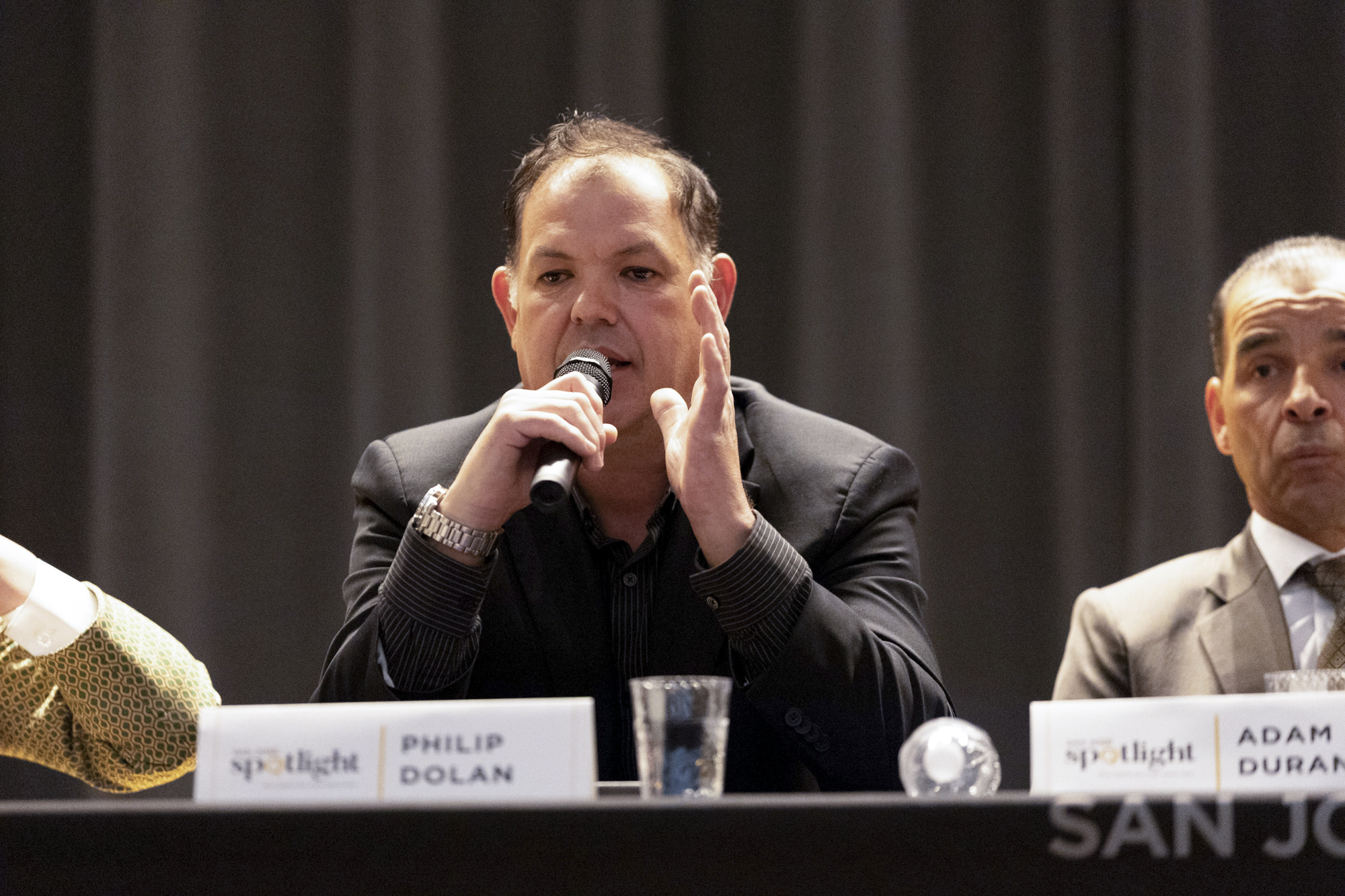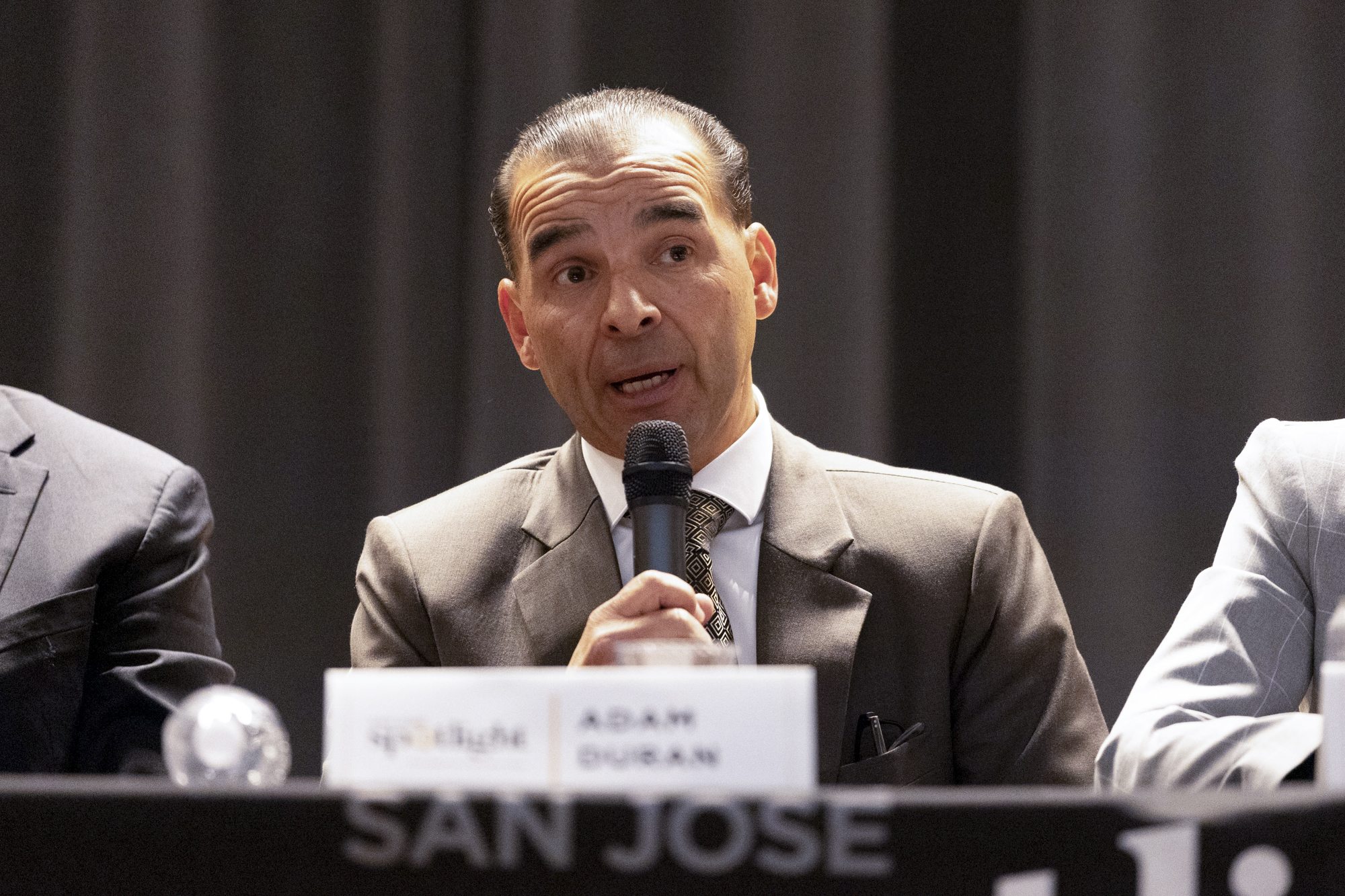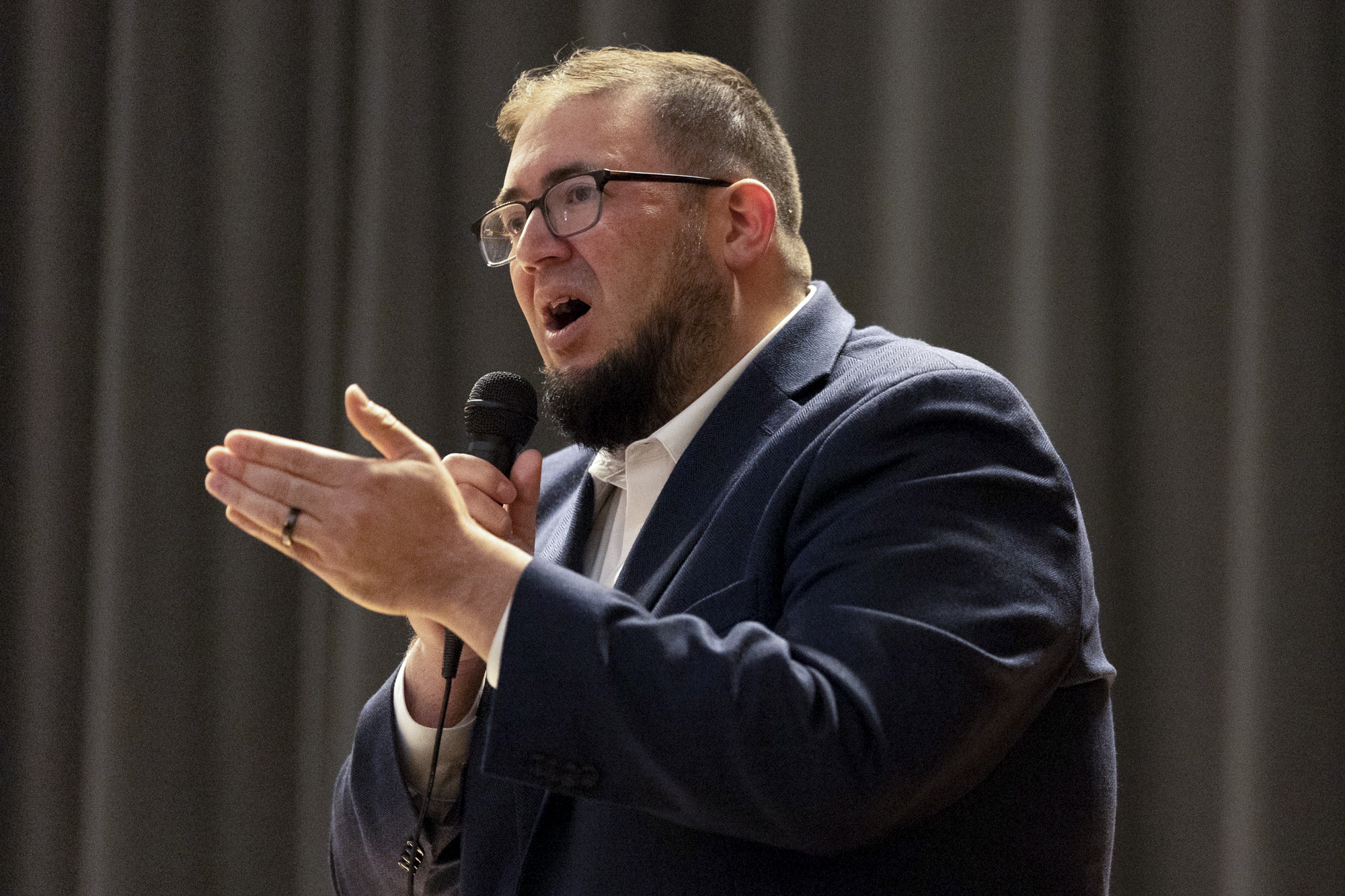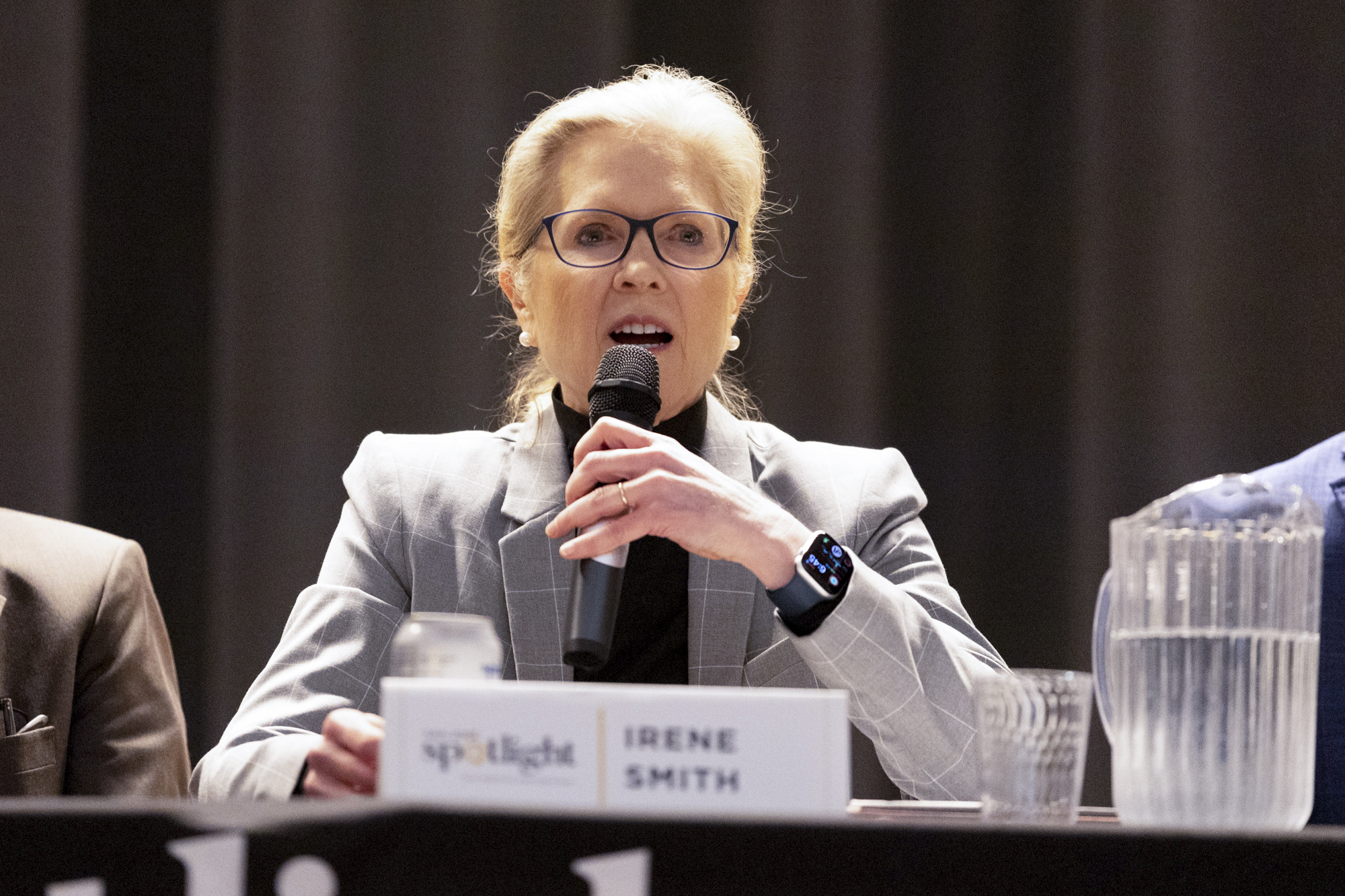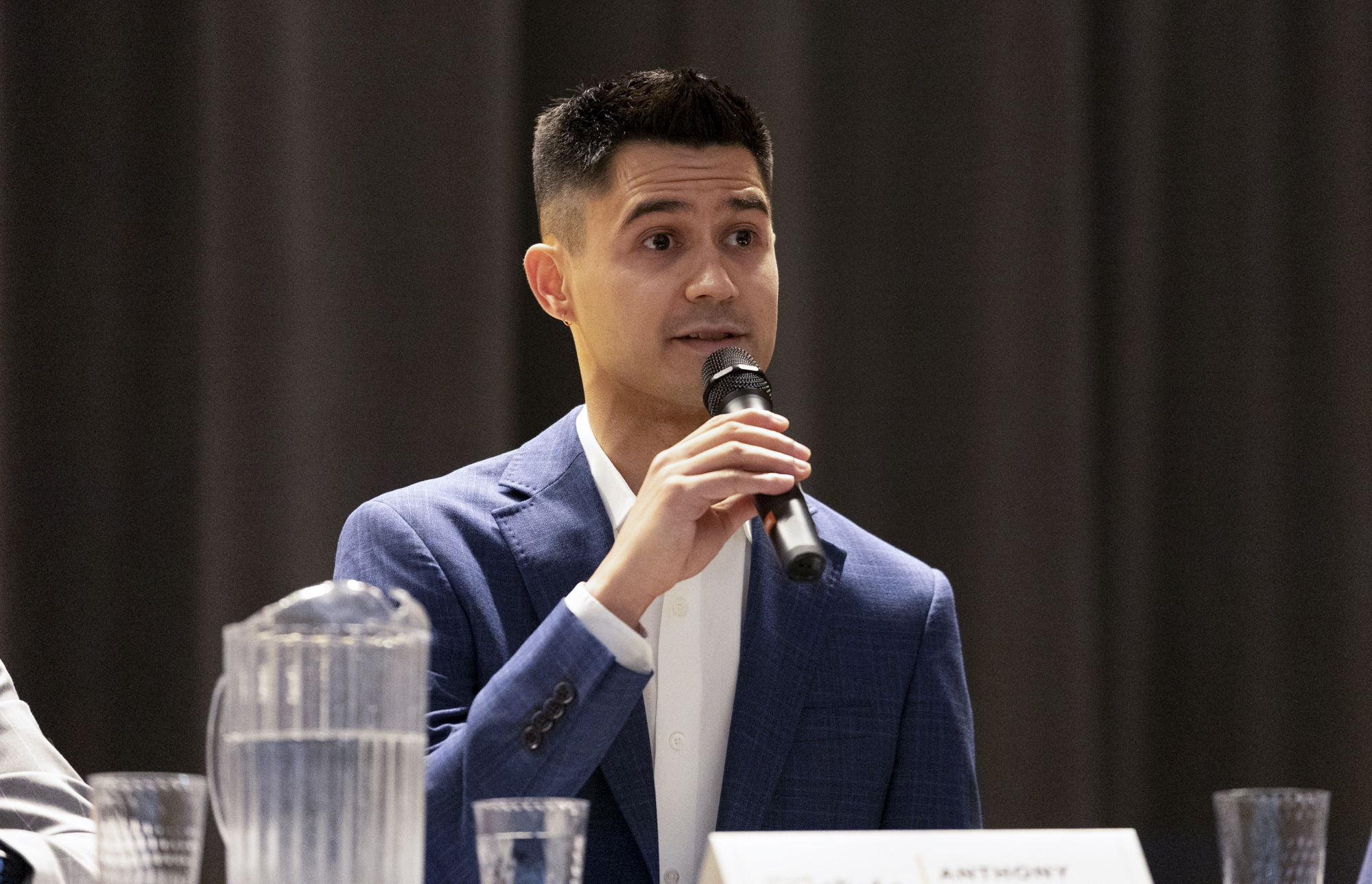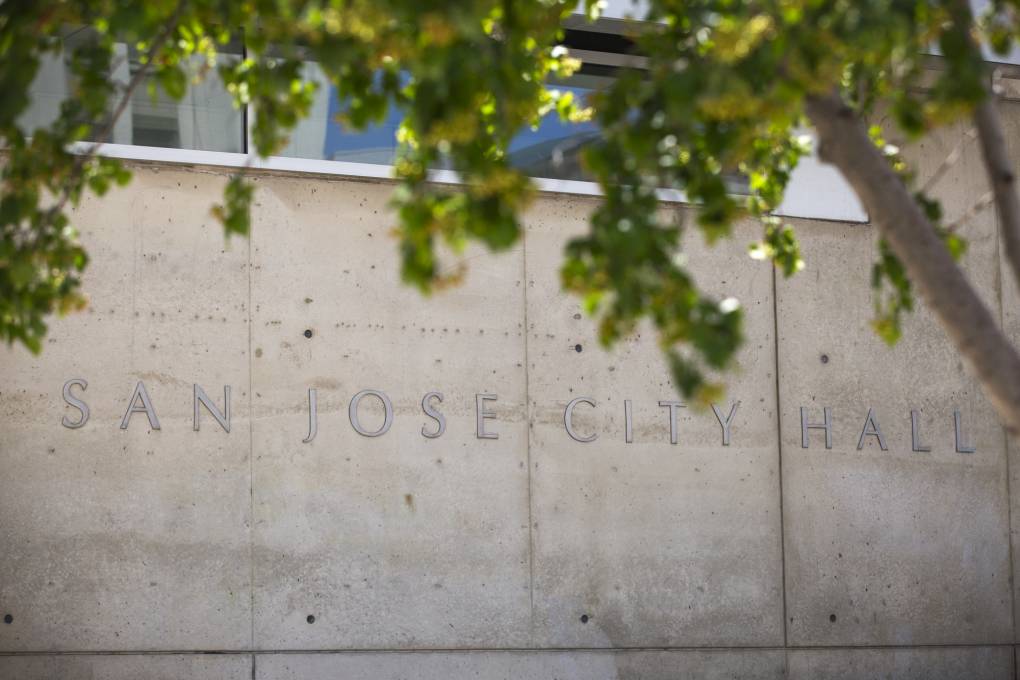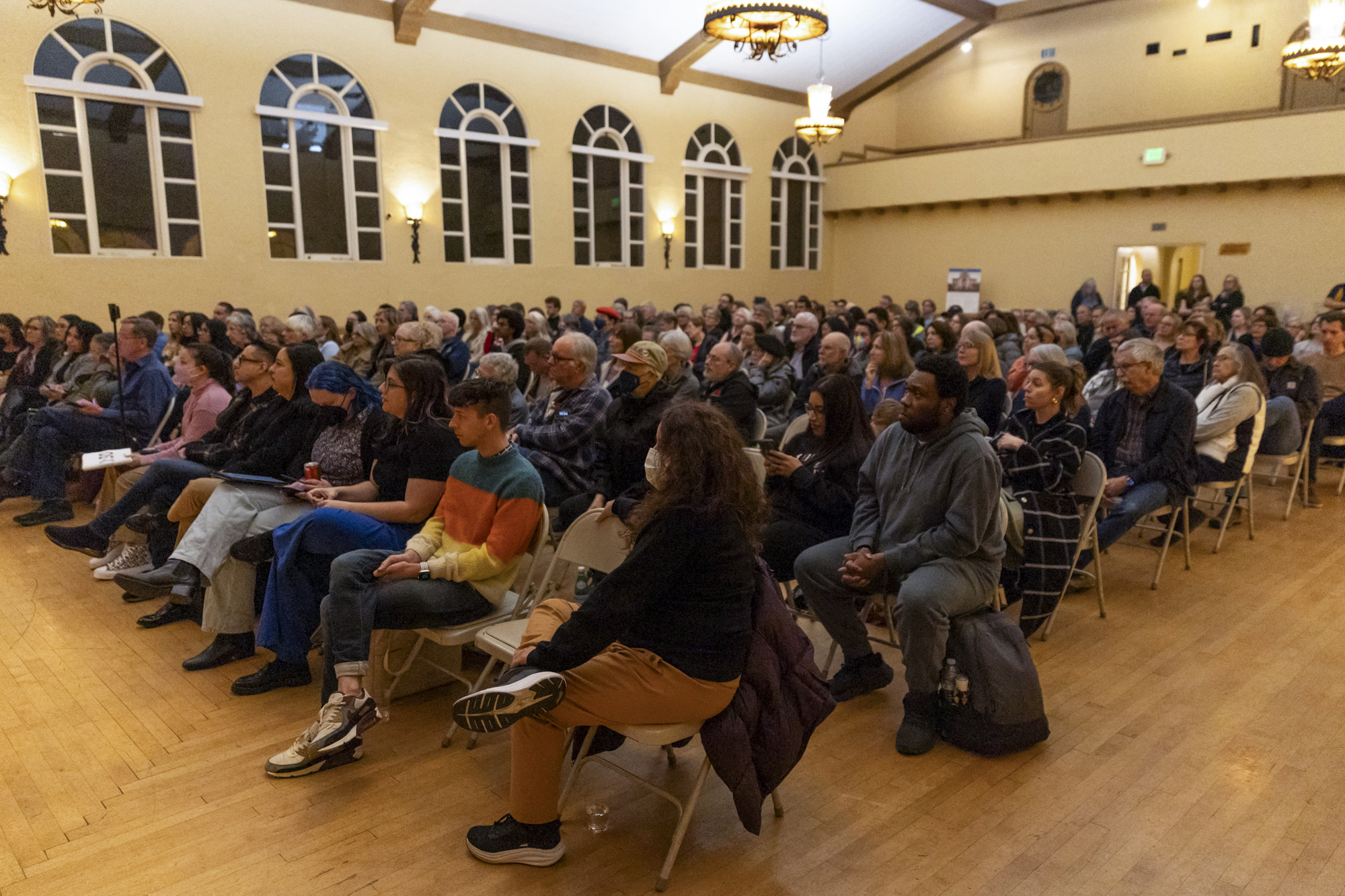Duran said “the bruise to the community” from the Torres scandal was deep. He cited his work in the county jail as evidence of his commitment to public service. “I was always that guy trying to serve, even inside behind the walls … so this is all part of my journey in helping people and serving my community.”
Quevedo said that trust will be built if residents receive high-quality services. “I think long before even the [Torres] incident that occurred, there has been an erosion of trust in providing services,” he said. He said the council’s decision to fill the seat through a special election rather than a longer-term appointment will make residents feel that their voice is being heard at City Hall.
Smith called for more opportunities for public feedback on development and criticized the city’s recent elimination of public hearings for housing in already-developed areas, known as infill development. “Where does infill go? That goes into D3,” Smith said. “So they’ve completely eliminated our voice on public infill.”
Tordillos said he would gain voter trust through his decision not to accept campaign donations from corporations or lobbyists. “Some folks in our community feel like special interests often have more of a voice at City Hall than actual residents and community members,” Tordillos said. “So I’m running and rejecting corporate money.”
Wade proposed developing an advisory board of residents and groups, including “community activists, community leaders, churches, schools [and] nonprofits” that would propose ideas to inform his work. “The community has a better feel for what they want and need to be done, and they can direct those services,” he added.
How to vote?
Election officials are mailing ballots to registered voters in District 3, which also includes the Washington-Guadalupe, Naglee Park and Northside communities.
The ballots can be returned at drop boxes at the Santa Clara County Registrar of Voters’ office, San José City Hall, Biblioteca Latinoamericana Branch Library, Joyce Ellington Branch Library, East San José Carnegie Library and the Santa Clara County Civic Center.
In-person voting
For voters who prefer to cast in-person ballots, the county is opening two voting locations on March 29. The location will be open daily from 9 a.m.–5 p.m. through April 7 and from 7 a.m.–8 p.m. on election day, April 8.
- Joyce Ellington Branch Library Community Room, 491 East Empire St., San José.
- Olinder Community Center Community Room, 848 East William St., San José.
A third voting location will open on April 5. The location will be open daily from 9 a.m.–5 p.m. April 5–7 and from 7 a.m.–8 p.m. on April 8.
- Center for Employment Training Banquet Room, 701 Vine St., San José.
